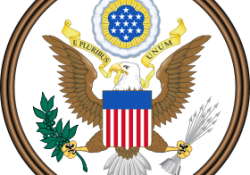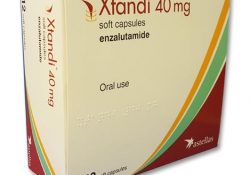WTO Trade Policy Review: Members question the United States on compulsory licensing, Bayh-Dole, UNHLP & Section 337
In December 2016, during the twilight of President Barack Obama’s 44th presidency, the World Trade Organization (WTO) conducted a Trade Policy Review (TPR) of the United States of America. All members of the WTO are subject to review under the Trade Policy Review Mechanism (TPRM). The TPRM takes place in the “Trade Policy Review Body which is actually the WTO General Council — comprising the WTO’s full membership — operating under special rules and procedures” (Source: WTO, Trade Policy Reviews: Brief Introduction).




 The Cámara de Diputados of the Chilean Congress voted on January 25, 2017 in favor of Resolution 798, calling on the government to implement compulsory licenses on drugs for cancer and other diseases. The vote was 67 yes, 0 no, and 32 abstentions. The resolution was put forward by
The Cámara de Diputados of the Chilean Congress voted on January 25, 2017 in favor of Resolution 798, calling on the government to implement compulsory licenses on drugs for cancer and other diseases. The vote was 67 yes, 0 no, and 32 abstentions. The resolution was put forward by 
